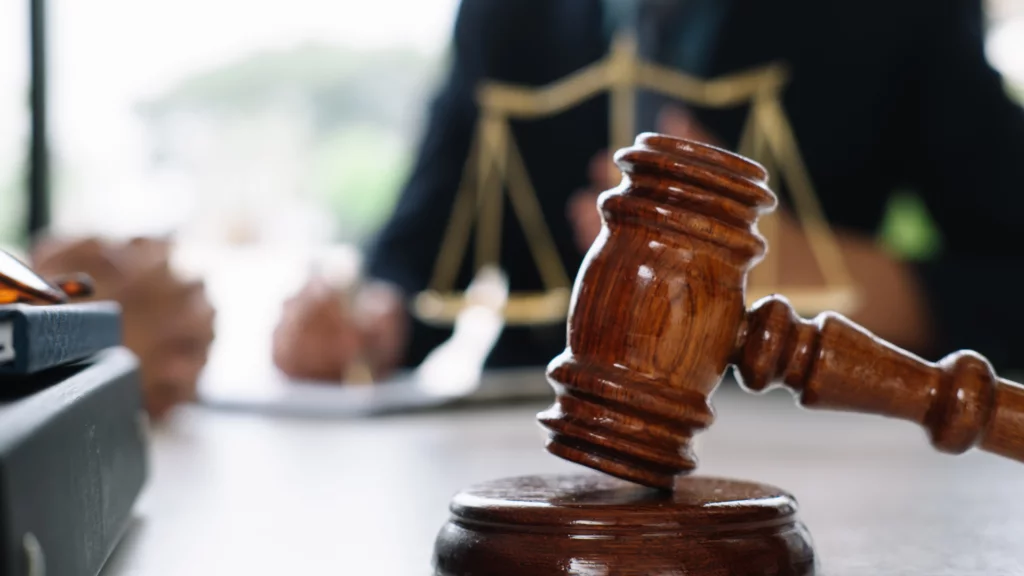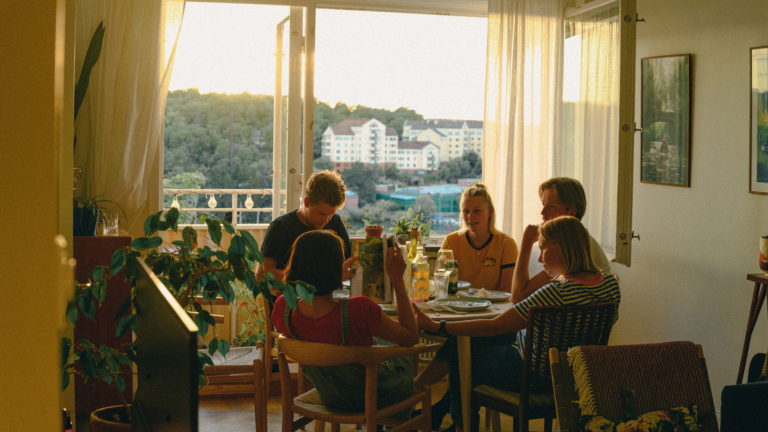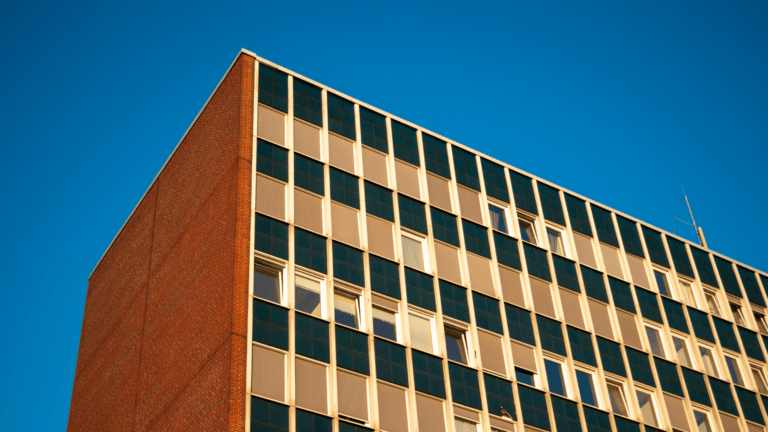A trustee is essential for managing common parts of an apartment building, but what exactly does he/she do?
Contents
- What does a trustee do?
- How much does it cost?
- When is a trustee mandatory?
- How do I choose the right one?
- What if you are not satisfied?
1. What does a trustee do?
A trustee assumes various responsibilities that ensure that the apartment building is properly managed. Here are some of the tasks he/she performs:
- Administrative Management: Keeping the accounts, maintaining the mandatory documents of co-ownership, preparing financial statements and managing the reserve fund of the VME (Association of Co-owners).
- Financial Management: manage payments, collect contributions from co-owners and prepare budgets for building maintenance.
- Technical Management: Arranging repairs and maintenance work on common parts such as the elevators, roofs, lighting, and other common infrastructures.
- Organize meetings: Call an annual general meeting at which decisions are made on important matters such as renovations, appointing contractors, or cost sharing.
- Comply with regulations: Ensure that all residents comply with the co-ownership regulations and act on conflicts or violations.
2. How much does a trustee cost?
The cost is usually shared among the co-owners of the building. The price depends on:
- the size of the building
- the total number of owners
- the usage rate of the owner
- the specific responsibilities.
Many syndicators work on the basis of:
- A lump sum: This is set for annual management and varies depending on the size of the building and specific tasks.
- A percentage of common costs: Some syndicates charge a percentage on the total common costs of the building.
- Additional Fees: In addition to the basic fee, there may be additional charges for specific services such as urgent repairs, additional meetings, or legal proceedings.
3. When is a trustee mandatory?
In Belgium, a syndic is mandatory when a building consists of several owners who share the common parts. This is required by law to regulate the management of these common parts. This includes parts such as the entrance hall, stairwell, elevator, and other common areas.

4. How do I choose the right trustee?
- Ask for recommendations from other co-owners.
- View online reviews.
- Request references from several agencies.
- Get quotes from several syndicators and compare costs and services offered. Watch for hidden fees and ask about contract terms.
- Look at the reputation and experience of the syndicators. Good syndicators often have several buildings under management and can provide references.
- Make sure he/she understands what your expectations are and whether he/she is capable of meeting them. Clear communication is essential for a successful collaboration.
5. What if you are not satisfied with your trustee?
- Have decisions been made irregularly or unlawfully? Then file an objection with the justice of the peace within 4 months of the general meeting.
- Discuss the problem at the general meeting with the trustee. Communicate your complaints and try to reach a solution.
- Present the problem to the other co-owners at the annual meeting.
- If no solution is found, the General Assembly may decide to replace him/her. This requires a majority vote, depending on the agreements within the VME.

Would you like to cite this article as a source? Then use:
Stiasteny, L. (2024, Sept. 19). Everything you need to know about a trustee. Apartment.be. Accessed on (date XX/XX/202X), from https://www.appartement.be/alles-wat-je-moet-weten-over-een-syndicus/
Related articles:
- Mandatory basic deed according to legislation
- Mandatory rules of co-ownership according to legislation
- Mandatory rules of internal order according to legislation






